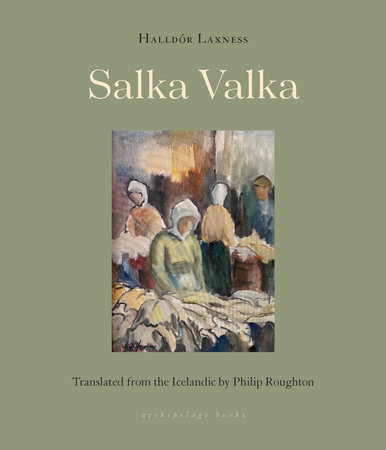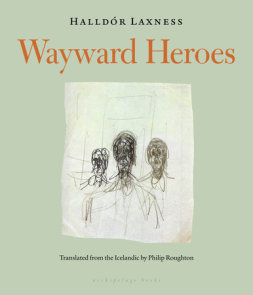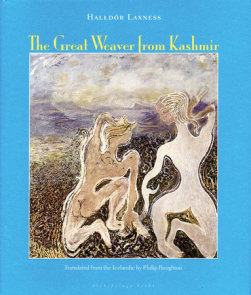

Salka Valka
By Halldor Laxness
Translated by Philip Roughton
By Halldor Laxness
Translated by Philip Roughton
By Halldor Laxness
Translated by Philip Roughton
By Halldor Laxness
Translated by Philip Roughton
Category: Women's Fiction
Category: Women's Fiction

-
$23.00
Jun 07, 2022 | ISBN 9781953861245
-
May 17, 2022 | ISBN 9781953861252
YOU MAY ALSO LIKE

Designs on You

PS: I Hate You
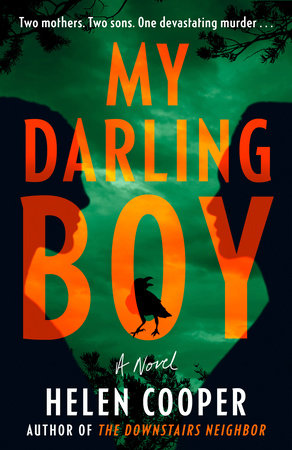
My Darling Boy
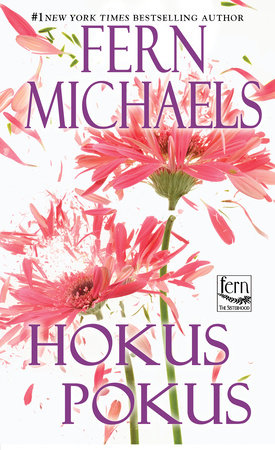
Hokus Pokus
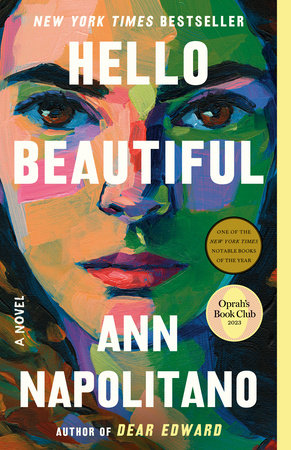
Hello Beautiful (Oprah’s Book Club)

Dirty Diana
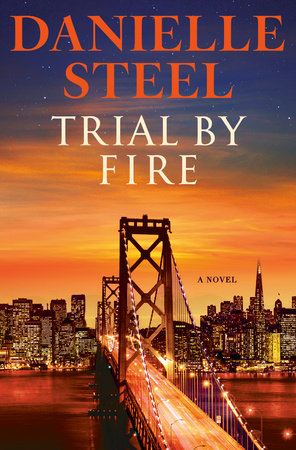
Trial by Fire

The Joan Didion Collection
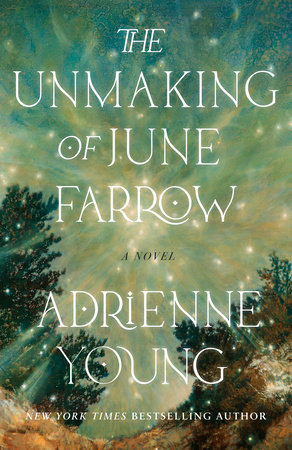
The Unmaking of June Farrow
Praise
“[Laxness’s] novels from the 1930s—Salka Valka in particular—brim with life, humor, devastation. Laxness detonates some sentences like little bombs . . . Others he lets expand and accumulate to reveal an almost Dickensian delight in people and their idiosyncrasies . . . I find his descriptions of the natural world incomparably moving . . . The novel is a singular work of social realism.”
–Ruth Margalit, New York Review of Books
“Salka Valka is a wonderful exposure to Iceland’s troubled past and to the Icelandic sensibility that comes from making the best of things even when there isn’t much to be made. Laxness’s characters are rough and honest, and Salka Valka is one of the most empathetic portraits of a girl and a woman that I’ve read by a male author.”
–Jane Smiley, Washington Post
“This is a better novel (richer, deeper) than anything else you’re likely to meet this year. Its people are as real as you or me—as are its shorebirds and its blizzards and its dreams and its cows.”
–Brad Leithauser, Wall Street Journal
“A gripping wonder, and Laxness’s most sustained piece of narrative drama . . . Even in moments of high drama, [Philip Roughton] moves along with calm assurance, tossing off Laxness’s inventive and always spot-on descriptions as though they were commonplace, as when, on a cliff, the puffins “squatted with the dignity of church officials in front of their burrows.” He captures Laxness’s singular dour-droll tone with uncanny grace . . . Despite [Laxness’s] mischievous show of ease, he is giving his book everything he has in the hope that it will exceed him.”
– Salvatore Scibona, New Yorker
“A brooding novel of boreal discontentments by the Nobel Prize–winning Icelandic writer. Sigurlína Jónsdóttir has always been down on her luck. She decides to leave the frozen north coast of Iceland with her 11-year-old daughter, Salvör Valgerður, or Salka, whose father is unknown to her—and to Sigurlína, a sometime prostitute, as well. They get just a few miles south to a ramshackle fishing village, where they discover the manifold class divisions of early-20th-century Iceland. . . There’s a poetry to Laxness’s depiction of a frayed mother-daughter relationship . . . [Salka Valka is] full of his trademark intersections of politics and religion.”
-– Kirkus Reviews
“This is a remarkable achievement and will hopefully lead to a revival of interest in an oft-overlooked literary genius.”
-– Publishers Weekly, starred review
“By turns caustic and lyrical, funny and forlorn . . . [an] undeniable success both as a literary achievement and an expression of [Laxness’s] most deeply held beliefs . . . [Salka Valka and Independent People] represent the fullest expression of how Laxness saw society and the people for whom he wanted to transform it—those surviving beneath the mire of capital, alone in the world, together.”
–Charlie Lee, The Baffler
“Laxness somehow blends epic form with the day-to-day realism of loan negotiations and herring and haircuts. He is a humorist and a visionary, a critical eye and an open heart. Salka Valka is a marvel, a pleasure, and a masterpiece.”
–Rivka Galchen, author of Everyone Knows Your Mother Is a Witch
“First published in 1931-32, this freshly translated masterpiece is an Icelandic Grapes of Wrath, focusing on the plight of struggling fishing families in a tiny village, particularly on the hardships facing women like Salka, who, alone without a family, works and educates herself, becoming an effective seamen’s union organizer . . . Absorbing, inspiring, surprisingly humorous–a great read.”
–Lisa Howorth, Square Books
“I dedicate this valedictory as I turn the page on my bookselling career to Halldór Laxness . . . Laxness won the Nobel Prize for writing books like Salka Valka, in which he brings us cheek by caring jowl with a bull-headed orphan girl in an isolated, impoverished Icelandic fishing village, about as far from Brooklyn as one can imagine. Laxness is the ideal.”
–Ezra Goldstein, Community Bookstore
“Laxness’ small-town tale depicts a world where life is difficult, but the novel never sinks into deep gloom; there’s a variety of resilient spirit here – with Salka Valka’s particularly pronounced and strong . . . a very fine novel, and a wonderful character-portrait of a remarkable figure.”
–Michael Orthofer, Complete Review
“Laxness is a true poet with language . . . [He] achieves a certain richness with his sublime and painterly landscapes and earnest portraits of ‘insignificant’ people living through a significant historical moment.”
–Hannah Weber, Words Without Borders
“Doubtless, modern-day feminists will see in Salka an admirable example of female fortitude and resolve. And certainly, she is that. But she’s also much more. She is the ultimate realist, and she applies her clear-eyed vision with equal intensity to the price of fish as to the price love will exact on her heart.”
–Patricia Schultheis, Washington Independent Review of Books
“The Icelandic novel from the interwar period has lost none of its relevance, and Philip Roughton’s sensitive but vigorous translation for Archipelago Books is a lucky chance. Laxness’ portrayal of Salka’s coming of age is empathetic and tactful; his depiction of Óseyri’s development from a remote fishermen’s village to a place that cannot escape globalisation and the new ideologies it brings is forceful and poignant . . . Laxness watches Salka closely as she leads her solitary life and makes us experience every emotion, every glimpse of happiness, and all her sorrow as if it were our own.”
–Sarah Fengler, Oxonian Review
“The novel couldn’t be more relevant to 2022 . . . In the current political climate in many quarters of the United States, this book might even be banned—its descriptions of the natural world alone can make one “uncomfortable,” and it presents serious political discussions . . . There is joy, however, and it is the joy of most good novels: the reading from each moment to the next. Laxness’s attention to detail and how it resonates is everywhere.”
–Rick Henry, Rain Taxi Review of Books
“Salka Valka is full of conversions: The beleaguered find Jesus; drunks dry out; the rural boy puts on city clothes and tries to impress the wealthy merchant’s daughter. Everyone, at one point or another, seems to make a fresh start. Then the other shoe drops . . . Laxness’s heroes, such as they are, persist in their quiet strangeness, in their dynamic push and pull with the forces around them, loving and struggling and almost hating, living on through each permutation.”
–Jack Hanson, The Nation
21 Books You’ve Been Meaning to Read
Just for joining you’ll get personalized recommendations on your dashboard daily and features only for members.
Find Out More Join Now Sign In






